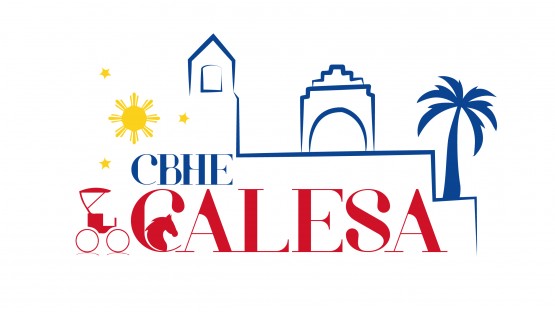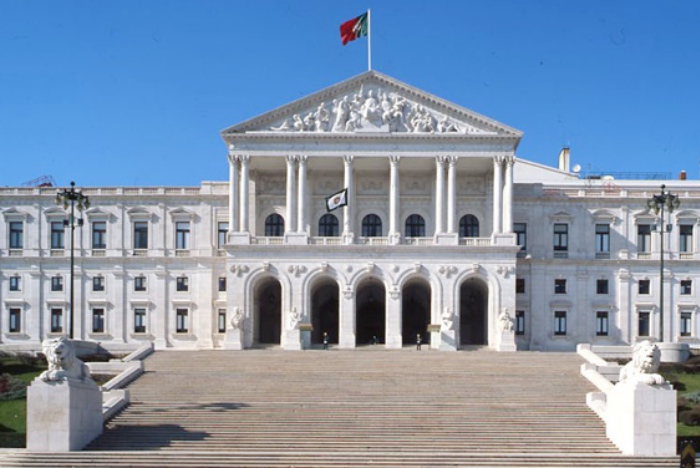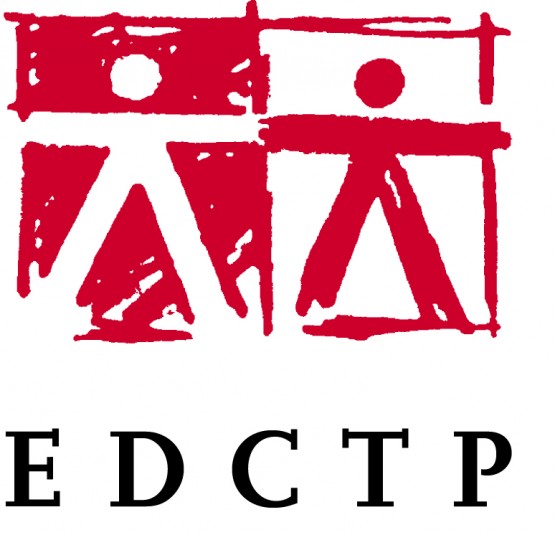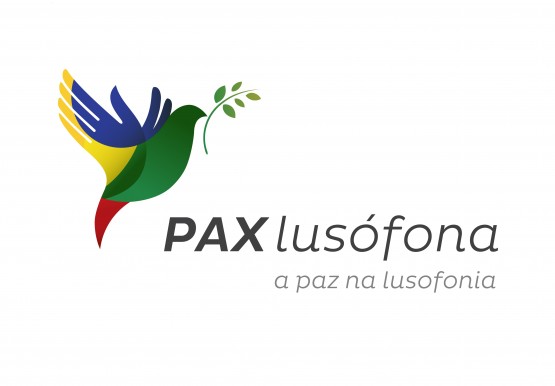The General Data Protection Regulation (Regulation 2016/679 of April 26th, 2016, “GDPR” or “Regulation”) is applicable from May 2018. Compliance with the new rules on personal data protection poses particular challenges to public and private sector institutions. It also raises several questions. How does data protection strengthen citizens’ rights? What specific answers does the Regulation provide for technological developments? Which benefits does the Regulation bring to the economy, to data subjects and to companies?
- 10 de August, 2020
- 0 Comment
International law has undergone and is undergoing a number of changes, caused above all by the process of globalisation and/or globalisation. International law can no longer be viewed solely on the basis of classical theories. New theories and instruments need to be taken into account, because there is a growing interaction between national and international legal systems, which encompass legal systems, administrative and organisational structures and different systems of cooperation and global regulation.
- 27 de June, 2020
This project aims to reflect on Higher Education in Portuguese-Speaking African Countries, and in this first phase, the target countries are Angola, Cape Verde and São Tomé and Príncipe.
Focusing on the normative framework that regulates this level of education, on national public policies regarding Education, on the International Development Agendas and on the role of Development Cooperation in the implementation of these policies, it aims to contribute to the scientific construction of the Law of Education in Higher Education, so that its implementation in terms of public policies and cooperation priorities may be ensured.
- 1 de April, 2020
- 0 Comment
This project aims to analyse the normative framework and public policies of higher education in Angola, Cape Verde and São Tomé and Príncipe, as well as to examine the role of development cooperation in this context. It starts from the premise that education is a fundamental human right and essential for the exercise of both civil and political rights, as well as economic, social and cultural rights. With reference to the UN Agenda 2030 “Transforming our world” and the African Union Agenda 2063, “The Africa we want”, which highlight the fundamental role of education in development processes and emphasize the need to prioritize investment in education from childhood, in higher education, science, technology and research, the aim of this study is to understand the existing legal framework in these countries, as well as the extent to which cooperation promotes the right to education in higher education in Portuguese-speaking African Countries. In this first phase, the target countries are Angola, Cape Verde and São Tomé and Príncipe.
- 1 de April, 2020
The objective of CALESA is to help solve the following interdependent problems in Philippine legal education:
1. The dearth of academic research in law schools.
2. The inability of faculty and students to access source materials from their own civil law tradition, and the evolution of other civil law traditions due to poor interest and multilingual skills.
3. The inability of the legal profession to contribute significant academic (as opposed to professional) expertise to the modernisation of outdated legal codes, the protection of human rights and the rule of law, and the advancement of ASEAN integration, despite its critical and/or geostrategic importance.
- 1 de January, 2020
The aim of this project is to study the encounter between the Portuguese legal order and the native legal orders in the Portuguese overseas territories in the 18th – 20th centuries. The aim is to find out how these orders were classified, how they were used by colonizers and colonized, how they interacted and were transformed by colonial situations, in various chronologies.
Legal pluralism is a central theme in the historiography on empires, but the works dedicated to it in Portuguese historiography have privileged the doctrinal reflections of the colonial elites, and not the action of the local agents of colonial justice and the native populations involved. It is known, however, that the functioning of legal pluralism emerged from the social practices of these people, the administrators and the ‘subjects’ of colonial justice.
- 1 de September, 2018
In the context of the Rule of Law, legislative power is a tool at the service of the implementation of public policies defined at national level and, in cases such as those of the Portuguese, also at supranational level. In this sense, the way it is exercised and the acts produced in the exercise of this function, it should be subject to scrutiny by citizens, who are simultaneously addressees of the norms produced and addressees of the public policies that justify them.
The importance of the accountability of the exercise of legislative power justified the creation of the Observatory of Portuguese Legislation in 2005, with the objective of contributing to the reflection on the quality of legislative policy through the analysis of Portuguese legislative production in quantitative terms (volume, distribution by type of diploma, by legislative body, by subject matter, by type of legislative initiative), a project that is still innovative and pioneering in Portugal today.
- 1 de September, 2018
In the last decade, Lusophone Africa countries, like other African countries, have seen an increase in medical research, which has led to the establishment of Bioethics Committees (BoCs) in Universities, Research Centres and Ministries of Health. However, the BoCs in Lusophone countries still lack training in bioethics, and as the main educational resources in this area are only available in English, they are not accessible in these countries.
Being aware of these challenges, and while recognising that strengthening CoBs should be primarily a national issue, much can be gained through the establishment of an institutional network. Accordingly, the National Bioethics Committee for Health in Mozambique, the Faculty of Medicine at the University Eduardo Mondlane and its institutional Bioethics Committee, the Faculty of Medicine at the University Agostinho Neto and its Bioethics Committee, the University of Cape Verde, the NOVA Institute of Hygiene and Tropical Medicine and NOVA School of Law have established a north-south consortium to strengthen the bioethics framework for clinical trials and health research in Lusophone African Countries (LAL).
- 27 de April, 2018
The programme provides full funding for the mobility of students who wish to undertake their postgraduate studies in one of the African partner universities and aims to create a teaching network that promotes the creation of synergies, creating opportunities within the African continent. PaxLusófona also seeks to allow, through the respect for the historical and cultural identity of the countries involved, the exchange of experiences and knowledge, the creation of new approaches and research methodologies in the countries involved, the training of professionals with a high quality academic offer, through participative education, the development of critical awareness, the encouragement of social participation and environmental sustainability as a factor for development and stability.
- 27 de November, 2017

















